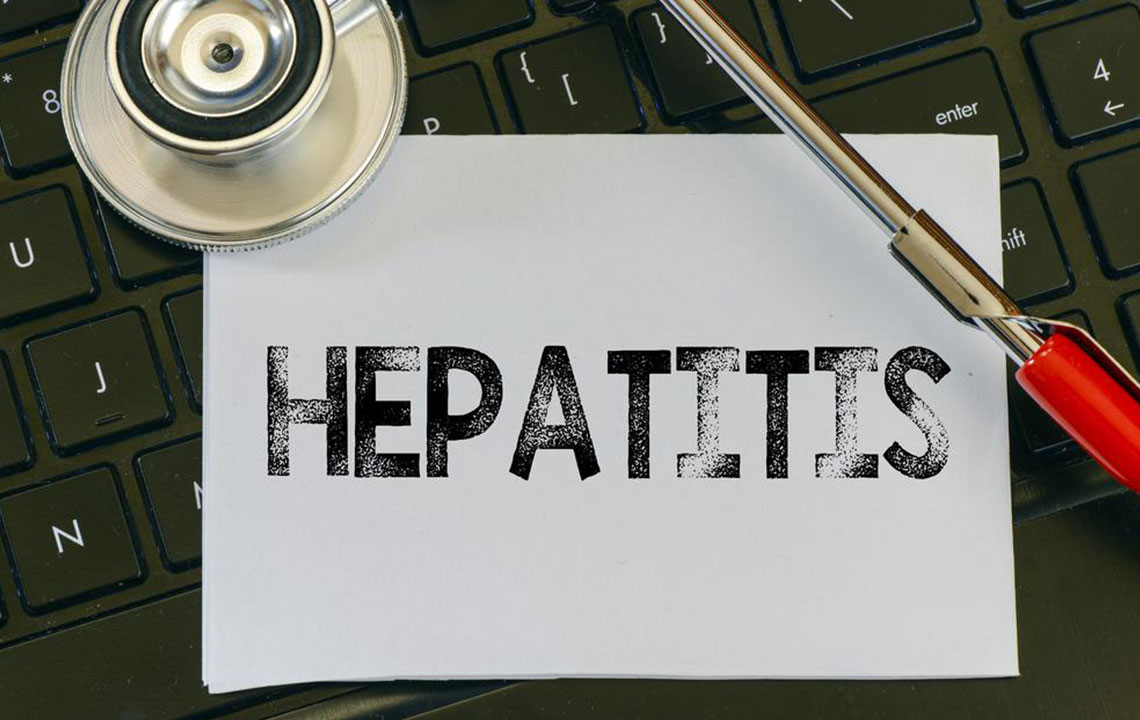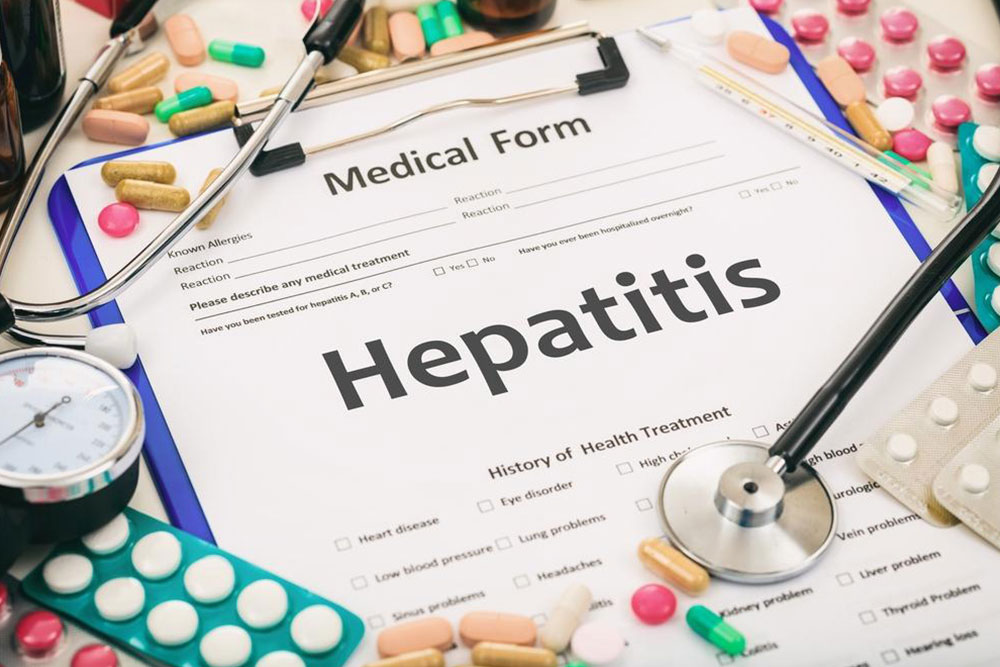Top 8 Signs of Liver Cancer You Should Watch For
Discover the eight critical signs of liver cancer that demand attention. Early detection is vital for effective treatment, so familiarize yourself with symptoms like jaundice, abdominal pain, weight loss, and more. Recognizing these warning signs can lead to timely medical evaluation, potentially saving lives. Understand the different types of liver cancer and their manifestations, emphasizing the importance of prompt diagnosis and intervention for better health outcomes.

Top 8 Signs of Liver Cancer You Should Watch For
Liver cancer is a serious illness requiring prompt diagnosis to prevent complications and improve outcomes. Recognize these warning signs early for better treatment options.
Liver cancer occurs when abnormal cells in the liver grow uncontrollably, damaging surrounding tissue and potentially spreading to other organs over time. Types of liver cancer include:
Hepatocellular carcinoma, where malignant cells develop within healthy liver cells (hepatocytes).
Cholangiocarcinoma involves cancerous growths in the bile ducts within the liver.
Metastatic liver cancer originates from tumors in other organs, such as the colon, breast, pancreas, and lungs, spreading to the liver via bloodstream. These secondary cancers retain the name of their original organ.
Early symptoms of liver cancer are often subtle or absent, making early detection difficult. Symptoms usually manifest in advanced stages, but being aware of certain signs can aid in timely diagnosis. Common warning signs include:
Loss of appetite
Patients often feel full after eating small meals, leading to decreased interest in food.
Unintentional weight loss
Significant, unexplained weight loss can signal disease progression, often linked to appetite loss.
Fatigue
Persistent tiredness and weakness are typical complaints among affected individuals.
Persistent abdominal pain
Discomfort or pain in the upper right abdomen or back may be evident, especially in later stages.
Jaundice
The yellowing of skin and eyes due to bilirubin buildup is a prominent symptom indicating liver dysfunction.
Enlarged liver
Hepatomegaly presents as a noticeable mass beneath the right rib cage, developing as cancer damages healthy tissue.
Abdominal swelling
Swelling may result from fluid accumulation (ascites) or liver enlargement causing increased pressure inside the abdomen.
Spleen enlargement
An enlarged spleen, often detectable as a lump under the left rib cage, can indicate underlying disease, including liver cancer.
Many of these symptoms are nonspecific and can result from other conditions. However, early detection is crucial for effective treatment. If you notice any of these warning signs, consult a healthcare professional promptly for proper evaluation and diagnosis.










